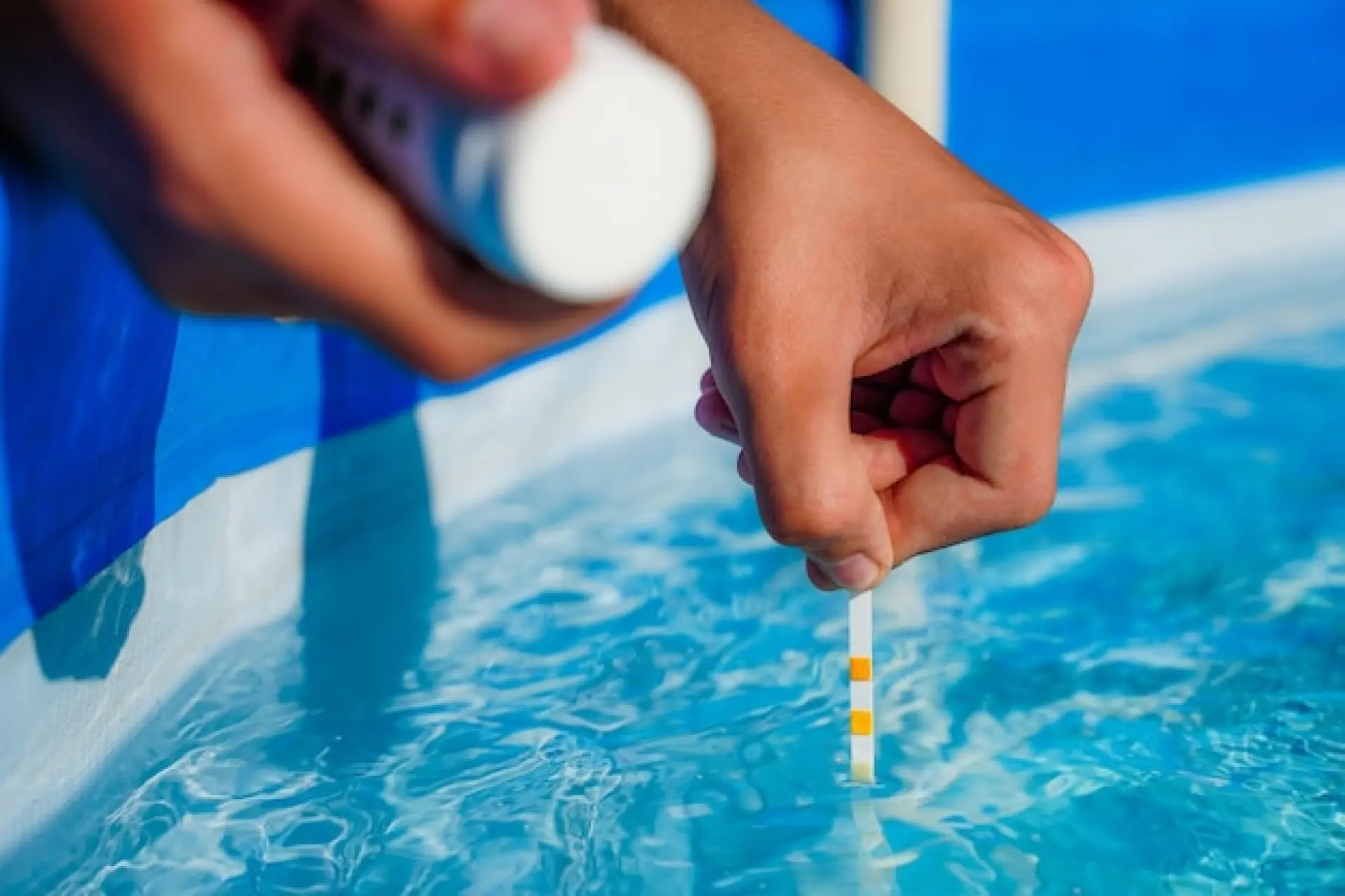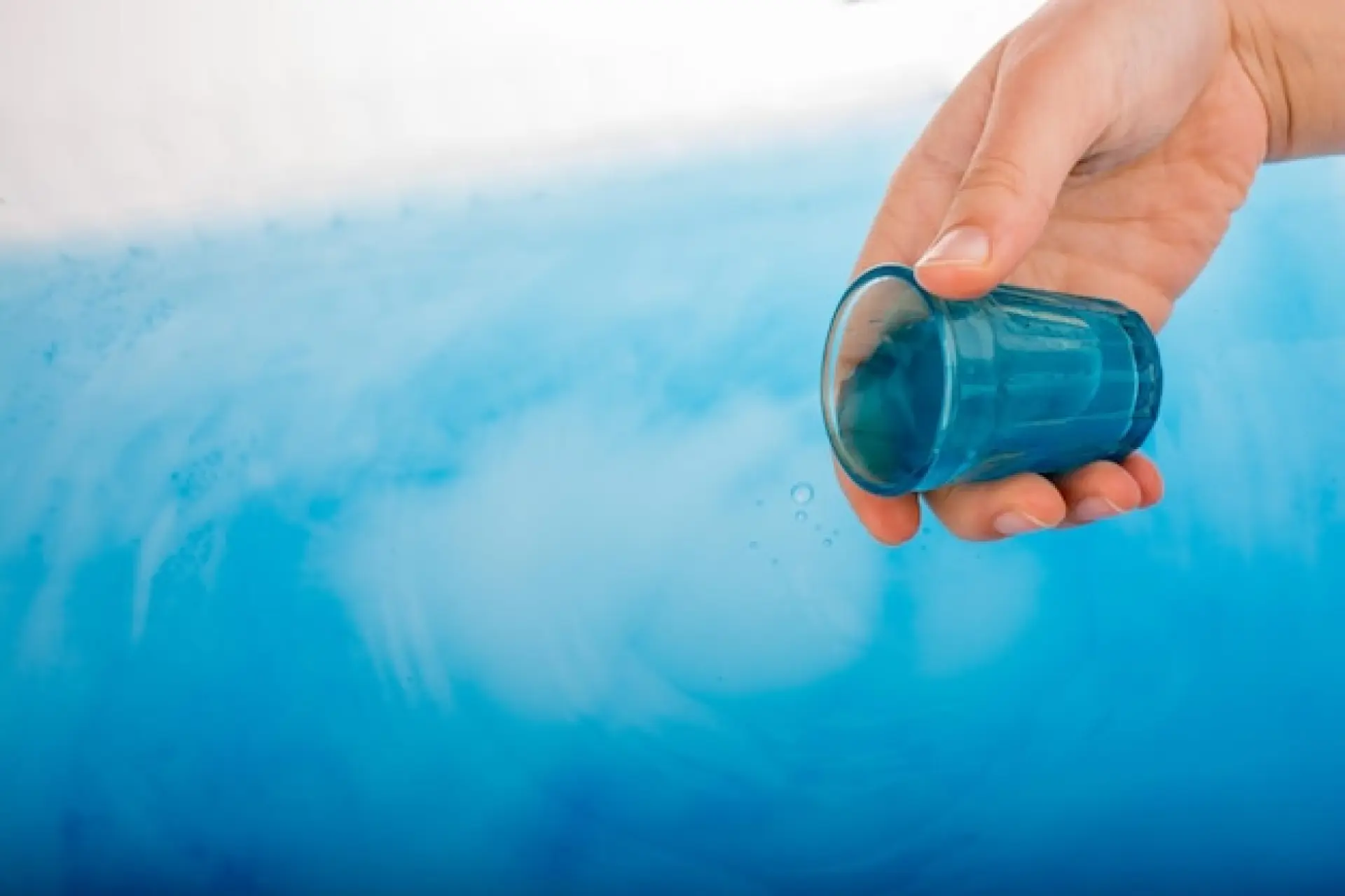Ensure your water is safe with a Mains Chlorination Certificate. This certification confirms your water supply is free from harmful bacteria and meets regulatory standards.
What Is a Mains Chlorination Certificate?
A mains chlorination certificate is an official document that confirms a water supply system has been cleaned and disinfected to meet regulatory standards. This process involves flushing, chlorinating, and testing the water supply to ensure it is free from harmful bacteria and contaminants. Chlorination is essential when installing new water mains, modifying existing pipework, or reconnecting a previously unused system.
Water suppliers and regulatory bodies require this certificate to confirm that the water is safe for public use. Without proper certification, a water supply system may not be approved for connection to the mains, potentially leading to service delays and non-compliance with hygiene regulations.
Why Is Mains Chlorination Important?
Mains chlorination is crucial for maintaining public health by ensuring that water supplies are free from harmful bacteria such as Legionella and E. coli. Any contamination within a water system can pose serious health risks, especially in commercial and residential properties where multiple users rely on the same supply. The chlorination process removes biofilm, sediment, and bacteria that can accumulate in pipes.
Regular disinfection prevents contamination and ensures compliance with water safety regulations. Additionally, water companies often mandate chlorination before approving new or modified connections to the public supply, making it an essential step for anyone working with water infrastructure.

Beyond health concerns, maintaining a clean water supply system can prevent costly repairs and legal consequences.
Contaminated water can lead to widespread disruptions, particularly in sectors that rely on a consistent and safe supply, such as healthcare, food production, and hospitality.
Ensuring proper chlorination not only meets legal requirements but also protects businesses and households from unexpected shutdowns and costly remedial actions.
Furthermore, clean water systems support sustainability by reducing the need for excessive chemical treatments and interventions down the line.
Who Requires a Mains Chlorination Certificate?
A mains chlorination certificate is typically required by developers, building contractors, and plumbing engineers involved in water supply installations.
Commercial property owners, landlords, and businesses that modify or extend their plumbing systems may also need certification to ensure compliance. Healthcare facilities, schools, and food production sites have strict hygiene regulations and must demonstrate that their water supply is safe.
Additionally, any organisation connecting a new or refurbished water main to the public network must provide evidence of proper chlorination before approval. Failure to obtain a certificate can lead to project delays and non-compliance with industry regulations.
When Should a Mains Chlorination Certificate Be Obtained?
A mains chlorination certificate should be obtained whenever new water mains are installed, existing pipework is modified, or a previously disconnected supply is reactivated. It is also required when an extended period of non-use has increased the risk of bacterial contamination.
Contractors and developers should plan chlorination before completing water infrastructure projects to ensure a smooth approval process. Many water suppliers require evidence of chlorination before allowing connection to the public system. Obtaining the certificate at the appropriate time helps prevent delays, avoids contamination risks, and ensures compliance with legal and safety standards.

It is also advisable to conduct routine testing and re-chlorination in settings where water hygiene is critical, such as hospitals and care homes.
Even if a water system appears to be functioning correctly, bacteria can develop over time due to environmental factors and system age.
Regular checks ensure that contamination risks remain low and that water quality is consistently maintained.
This proactive approach minimises disruption and reduces the likelihood of emergency chlorination requirements, which can be costly and time-consuming.
Consequences of Not Having a Certificate
Failing to obtain a mains chlorination certificate can result in several serious consequences. Without certification, water suppliers may refuse to connect a system to the mains, delaying construction and occupancy. Contaminated water supplies pose significant health risks, potentially leading to illness outbreaks, legal action, and reputational damage for businesses.
Non-compliance with regulations can result in fines and enforcement measures from water authorities. In commercial or industrial settings, failure to provide safe water can lead to operational shutdowns and lost revenue. Ensuring that all necessary chlorination procedures are properly documented helps to maintain safety and regulatory compliance.
At Dynamika UK Ltd, we can keep your water safe from harmful bacteria and odours with our chlorination service. We follow industry-approved methods to prevent Legionella and other harmful microorganisms from growing and spreading in your water tank.
